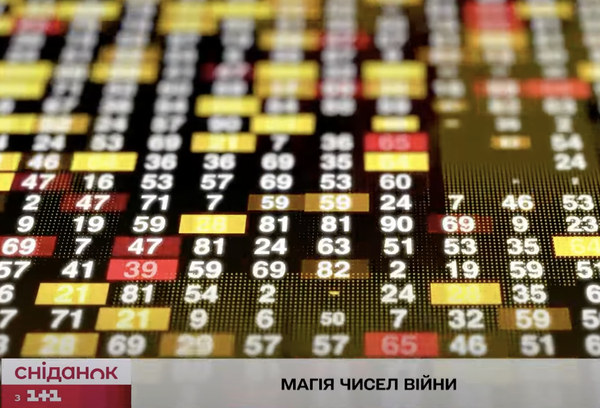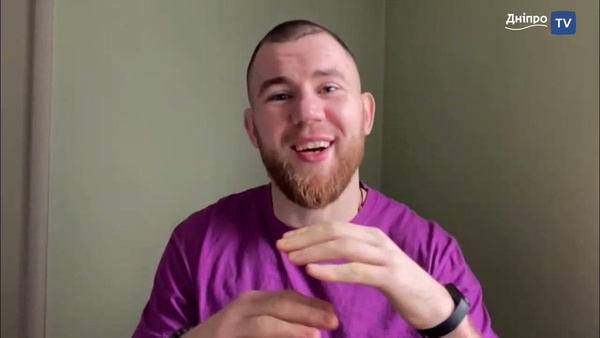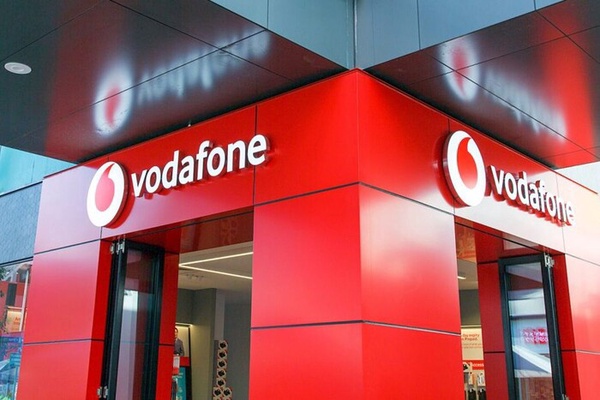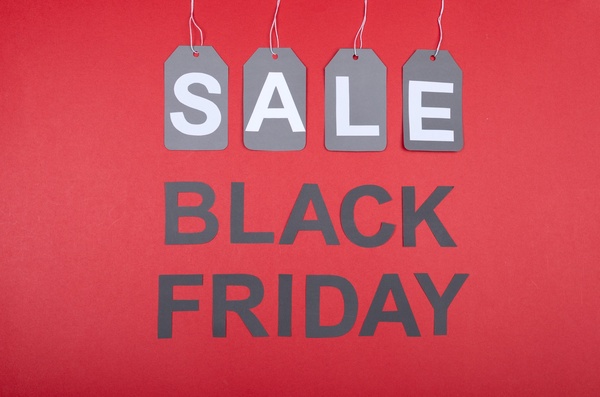Beer, kombucha, lighters and seeds: how producers exploit war symbols in Ukraine
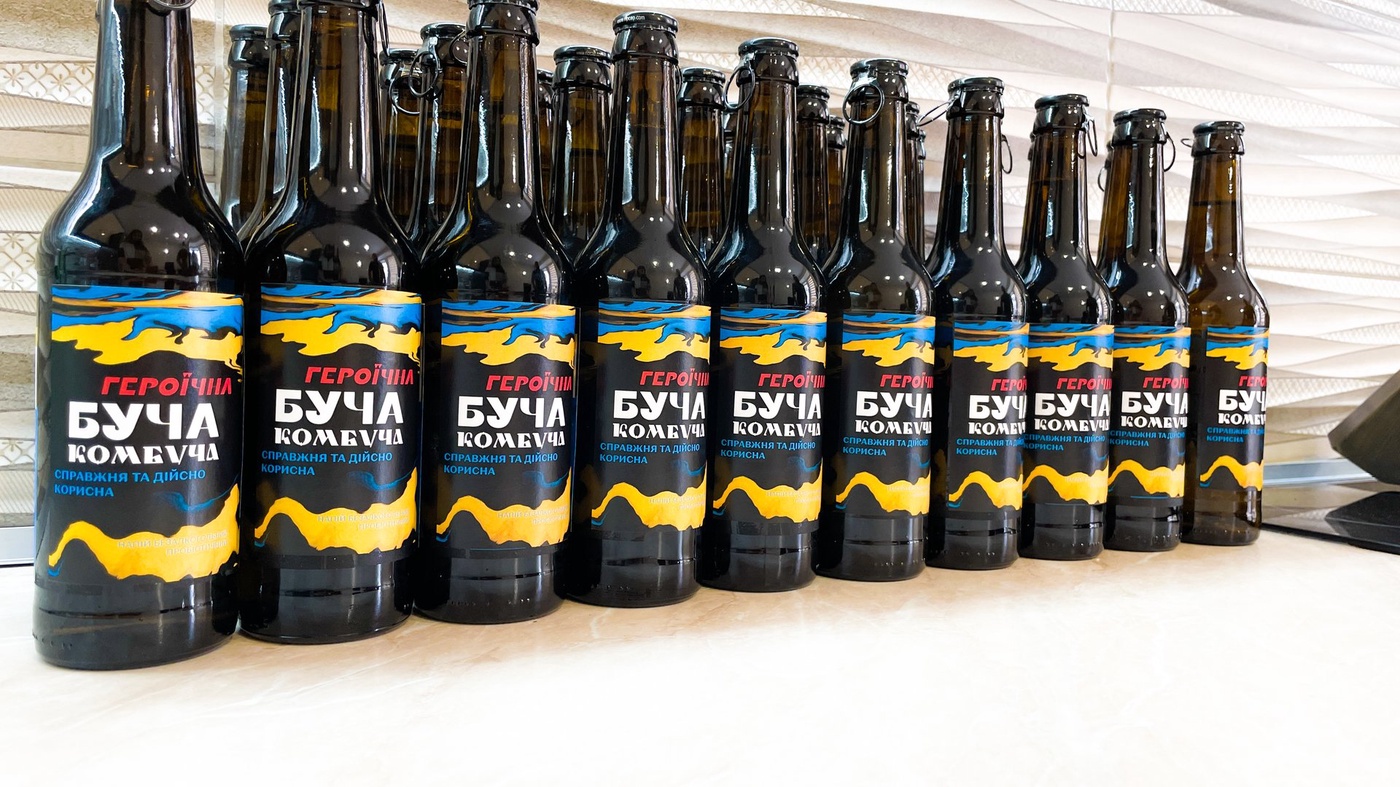
“Heroic Bucha” kombucha
The label displays blue and yellow colors and bears the inscription “Heroic” in red. Despite significant public discontent, the manufacturers persist in selling the beverage under this name. One might assume that getting rid of the word “heroic” would remove or at least reduce the complaints. However, this isn’t the case. The drink is available in two variants: a classic “heroic” flavor and a citrus flavor.
Perhaps even more annoying than the name itself is the explanation provided on the drink’s website. It poses the question, “Why is our kombucha heroic?” and proceeds to describe its composition and various purported benefits. According to the website, the drink “improves metabolic processes, normalizes intestinal biocenosis, and can be consumed as a preventive and health-enhancing beverage with significant biological effects on the body. Additionally, it “provides strength and vitality throughout the day, serves as a relaxing option after work, and as a great alternative to alcoholic beverages”.
What’s so “heroic” about this? The answer to that remains unclear.
Where is the manufacturer’s plant situated? Is it perhaps in Bucha? No, it’s actually in Irpin.
As a reminder, Bucha was designated a Hero City on March 24, 2022. This recognition comes as a result of the city enduring a temporary occupation by russia that lasted for a period of 33 days. The official death toll resulting from this occupation stands at 461 persons within the city itself and 1,137 in the surrounding area (as of June 8, 2022).
“Heroes Never Die” beer
It’s a new charity variety, and all profits from its sale will be fully donated to a charitable fund,” says the product description. Despite the dissatisfaction expressed by numerous Ukrainians, the name has remained unchanged.
Oleksiy Havrysh, co-founder of the manufacturing company, provided an explanation once, stating that the name wasn’t a marketing tactic but rather a means to generate millions of hryvnias for the Ukrainian military.
He said, “I apologize if our idea was negatively or unpleasantly perceived by anyone. Nonetheless, we’re all doing everything in our power to bring us closer to victory.”
Seeds: “Azovstal”, “UPA Heroes”, “AFU Power”
In early March, Ukrainians enthusiastically started sharing a new finding on social media called “Seeds of Victory”. These seeds were associated with names somehow connected to the experience of the full-scale invasion. As experts correctly pointed out, these names weren’t actual seed varieties; they were merely listed on the packaging. However, the intention behind these provocative names was to capture the attention of potential buyers. The packaging clearly indicated that the profits would be directed towards supporting the Armed Forces.
Following the ensuing criticism, Petro Tarashchenko, the founder of “Seeds of Ukraine”, published an apology and explanation on Facebook. He clarified that the series of seeds was limited and had already been dispatched.
“I apologize to all those who have felt pain, irritation, or any other negative emotions as a result of the usage of these names. Simultaneously, I express my gratitude to those who comprehended the essence of the project and recognized its charitable intent,” wrote Petro Tarashchenko.
Periodically, the brand’s page releases financial reports detailing the funds raised for the “Seeds of Victory” series. As of March 10, the total amount accumulated reached UAH 72,000.
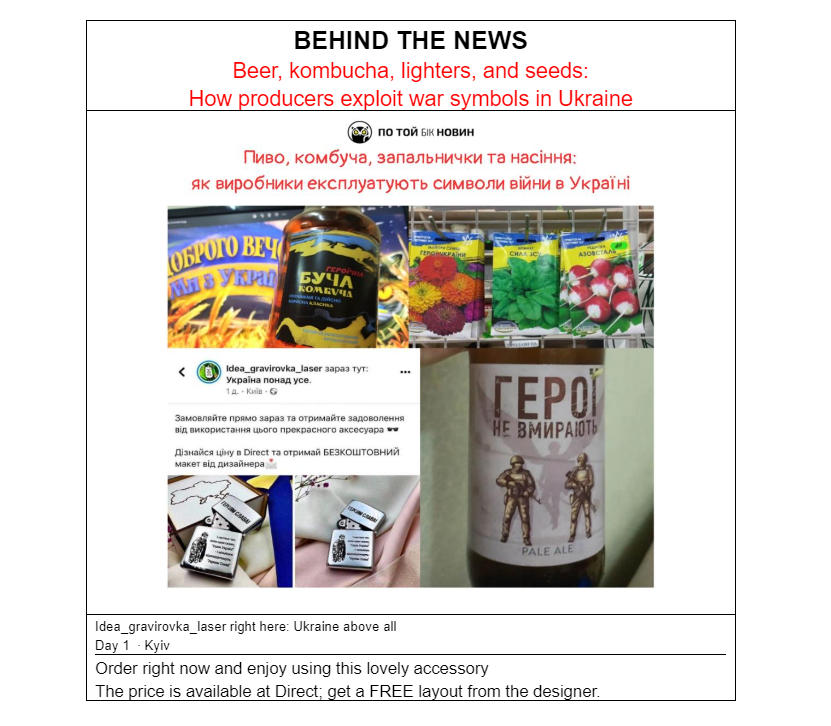
Lighter with the image of Oleksandr Matsiyevskyi
The description of the lighter ad states, “Order right now and enjoy using this lovely accessory”. The ad shows an engraved silhouette of Oleksandr Matsiyevskyi, a soldier from the Ukrainian Armed Forces, whose execution video deeply disturbed social media users. Despite the lack of sensitivity displayed by the designers behind this image, we would like to emphasize that the stylized inscription, “Glory to Heroes!” engraved on the lighter, is a “rip-off” motif originally created by illustrator Nikita Titov. Furthermore, the depiction of Matsiyevskyi on the lighter itself is the work of someone else, and it’s one of the illustrations created immediately after the video’s release. We haven’t yet been able to identify the author of this particular illustration. If you have any information, please let us know, and we’ll include it in the text.
The ad for the lighter was soon removed. Apparently, many users complained about the “lovely accessory”.
Soldiers of the Armed Forces of Ukraine react
The negative reactions from civilians are understandable. However, what do the military personnel think about such unconventional approaches to advertising and fundraising? While we cannot speak for all of them, here are the opinions of a few.
For instance, Yuriy Hudymenko, a fighter in the Ukrainian Armed Forces, expressed his thoughts on Facebook, stating:
“This is all wrong. You’re not doing this out of a sense of patriotism. You’re doing it to boost sales. Your motives are mercenary. It’s expected for businesses to have mercenary motives, there’s no question about that. But there’s a distinct boundary. When your merit and actions are your own, it’s OK. When they’re not, it’s not acceptable. It’s as simple as that. Making a profit or donating part of the profit to support the Armed Forces? That’s great. It’s your decision, your profit, and your action. Write about it prominently, set an example for others, and everything is fine. However, using names associated with battles or tragedies - go f*ck yourself! It wasn’t your fight, it wasn’t your tragedy. You have no connection to it; you’re just hyping about it on someone else’s blood,” wrote the fighter. He further called for the products to indicate that the company employs veterans, that the business operated in russia but has since exited the country, and that they provide assistance to the army.
Anton Drobovych, the head of the Institute of National Remembrance and a fighter in the Armed Forces of Ukraine, also criticized the name of the kombucha and emphasized the need for greater sensitivity and responsibility.
“Many people are currently experiencing trauma due to the ongoing war, including both military personnel and civilians. It’s important to show more sensitivity towards all aspects associated with settlements and locations where tragic events unfolded, resulting in the loss of lives due to the russian invasion. Marketing strategies, product positioning, and naming should all take this sensitivity into careful consideration. Failing to do so will only result in the re-traumatization of individuals, which is entirely irresponsible.” ![]()



